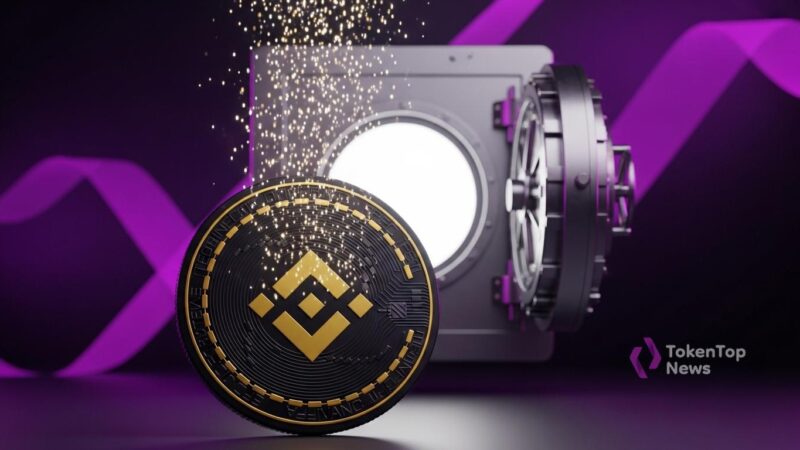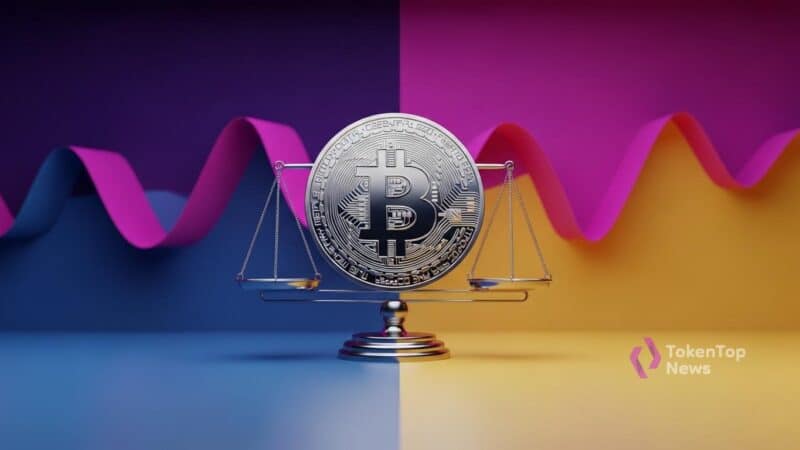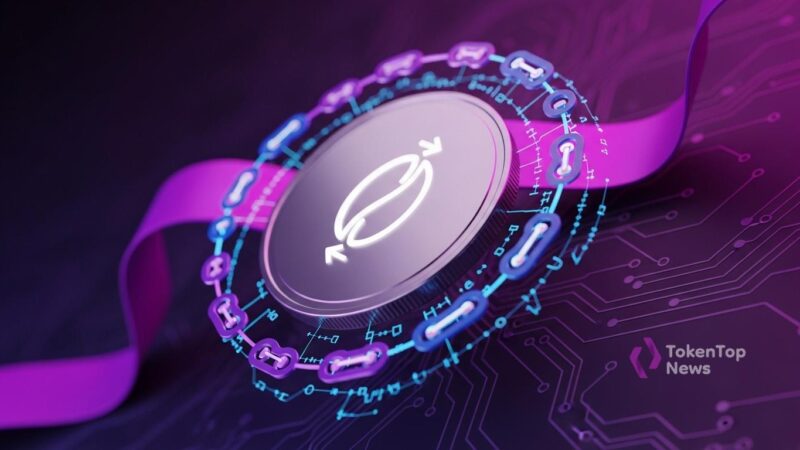Sonar’s Plasma Project Aims for $50 Million ICO
- Plasma project debuts with significant backing.
- $50 million ICO target with key investors.
- Strategic funding structure via Ethereum ETH +0.00% network.

Sonar’s ICO platform, backed by Echo, has launched the Plasma project, aiming to raise $50 million through a two-week token sale.
The launch of Sonar’s Plasma project marks significant interest in stablecoin-centric blockchains, drawing attention from high-profile investors. Plasma’s debut has the potential to influence trends in blockchain investments.
Plasma, the first project under Echo’s Sonar, plans to sell 1 billion XPL tokens, constituting 10% of the total supply, each priced at $0.05. Jordan Fish (Cobie) leads the platform’s initiatives, with major investor support, including Peter Thiel and Tether’s CEO.
“Cobie (Jordan Fish) is a renowned crypto trader and influential figure in the industry, contributing significantly to crypto discourse across social media transformations.”
The project has drawn early funds worth $24 million from industry leaders, boosting engagement in the blockchain space. Investors deposited in stablecoins like USDT and USDC, potentially influencing Ethereum’s network activity due to the deposit structure.
With stablecoins as the primary means of participation, coupled with a 40-day lock-up period for most regions, the launch showcases investment confidence. It emphasizes the strategic importance of participation structures in modern ICOs.
The larger impact anticipates increased on-chain activity during the fundraising phase and regulatory compliance focus. Observers expect increased Ethereum usage as the network supports Plasma’s infrastructure. Economic shifts depend on successful fundraising and investor engagement trends.
Beyond immediate impacts, the market may experience shifts in stablecoin and ETH transactions. Notable participation by significant investors could catalyze similar interest in subsequent blockchain projects. The testing phase leads up to a mainnet launch slated for late summer 2025, indicating long-term developmental traction for Sonar.



